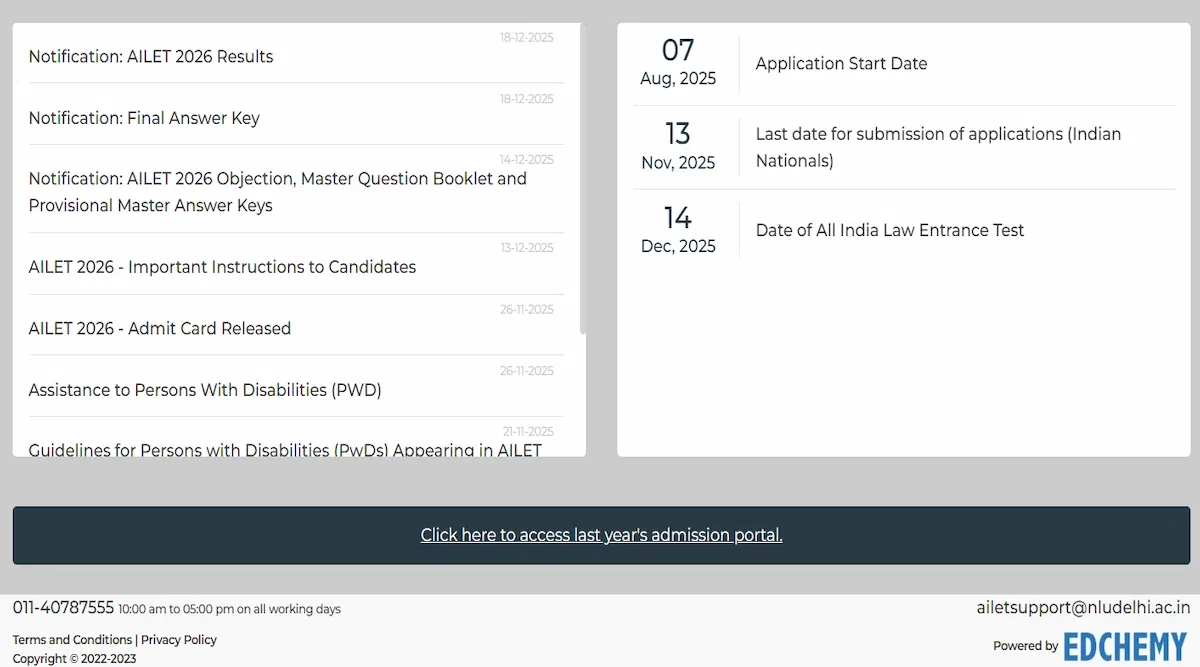The cost of living in Germany for Indian students in relatively cheap in comparison to countries like the US and UK. The negligible tuition fees at public universities coupled with the low cost of living make Germany one of the premier destinations for higher education.
The cost of living in Germany for Indian students is around 10,200-12,000 EUR per year. The cost of living will also depend on the geographical location of the university. For example, cities like Berlin and Munich are slightly expensive when compared to other parts of Germany.
Coupled with affordable living, most universities do not charge tuition fees since they are state-run. However, students will have to pay enrollment fees and administration fees every semester. Read through this article to understand the cost of living in Germany in detail.
Table of Contents
University Tuition Costs
Most German universities are state-run institutions, so the cost of tuition at most universities is negligible. However, private-run universities may charge fees for tuition, and some universities charge tuition fees for non-EU citizens. For example, for the winter session of 2017-18, the federal state of Baden-Württemberg charged non-EU students EUR 1,500 as tuition fees (for their Bachelor’s, Master’s, and Diploma programs).
The cost of living in Germany for Indian students are as follows:
| Particulars | Cost (in EUR) |
| Student Welfare/ Administration Fees/ Semester Ticket | 175 - 375 (per semester) |
| Accommodation Costs | 210 - 400 (per month) |
| Living Expenses | 354 - 616 (per month) |
Semester Contributions
Though most universities do not charge tuition fees, students are expected to make a nominal contribution every semester towards student amenities and administration fees. These expenses can amount to between EUR 175 and EUR 250 per semester, depending on the institution.
The semester contribution also includes a ‘semester ticket’ or public transport pass. Once paid, students can avail themselves of transport facilities in the vicinity of the university, free of charge for six months. The ticket can cost between EUR 25 and EUR 200, depending on the location and type of university.
The list of expenses that students will have to make towards their university, apart from the tuition fees, are as follows:
| Expense | Amount (in EUR) |
| Student Welfare Contribution | 100 |
| Administrative Fees | 50 - 75 |
| Semester Ticket | 25 - 200 |
Living Expenses
Apart from housing, students will encounter living expenses in Germany, which they will have to budget. These include food, travel, stationery and study materials, health insurance, and miscellaneous expenses, including leisure and entertainment.
Accommodation Costs
The most considerable expense that a student would probably encounter is that of housing. Accommodation will range from EUR 300 a month to EUR 800, depending on the student's type and residence preference. There are three major types of student accommodation in Germany:
- Student Halls of Residence
- Flat Sharing or "Wohngemeinschaft"
- Private Accommodation
Student halls of residence are the most low-cost and convenient form of accommodation, as they are located in the vicinity of the university. The halls are run by student unions that govern the functioning of the halls. The accommodation cost is very cheap, but there are guidelines and regulations to living there that students have to follow.
Flatsharing is the most common type of accommodation, accounting for 30% of all international student accommodations. This type of accommodation entails sharing spaces like a balcony, kitchen, and washrooms. This type of accommodation ensures a relative amount of privacy at a low cost.
Private accommodation is also an option for students that can afford it. The cost of renting a private apartment comes with many benefits, especially with that of privacy.
The cost of the different types of accommodation have been detailed in the table below:
| Type of Accommodation | Average Cost Per Month (in EUR) |
| Student Halls of Residence | 210 |
| Private Apartment | 400 |
| Flat Sharing or "Wohngemeinschaft" | 253 |
Food Costs
In Germany, students have access to a variety of cafeterias, restaurants, and bars. Many university campuses in Germany provide these facilities to students. Furthermore, campus cafeterias and cafes provide discounted rates to students, as part of campus services paid for by the students through the semester contribution. For students living off-campus, there are plenty of cheap options for food like food trucks, and local street vendors. On average, the cost of groceries and food expenses for students in Germany will amount to between EUR 135 and EUR 397.
Transportation Costs
In terms of public transportation, the daily cost will amount to EUR 20 while a monthly pass will cost students around EUR 200. At many German universities, however, transportation costs are included in the semester contribution made by the students. One of the most popular ways of moving around in Germany is via bicycles. Germany has many bicycle rental services which students can avail of at a nominal fee.
Health Insurance
Perhaps, one of the most important costs associated with living in Germany is that of health insurance. Health insurance is not only important for health emergencies, but it is also one of the fundamental prerequisites for getting a German student visa. As per the law in Germany, everyone, including international students, must have health insurance. Students enrolled in degree programs are eligible for public health insurance, while students above the age of 30 are required to get private health insurance plans. For private health insurance, students will have to contact one of the private German student health insurance providers. The most popular private health insurance plans for international students in Germany are:
- EDUCARE24
- DR-WALTER
On average, health insurance will cost between EUR 103 and EUR 111 for international students.
The list of living expenses for a student living in Germany are as follows:
| Expense | Cost (in EUR) |
| Food | 135 - 397 |
| Travel | 25 - 200 |
| Stationary and Books | 93 |
| Health Insurance | 76 |
| Miscellaneous Expenses | 30 |
German Student Visa
International students can apply for a German student visa for between EUR 60 and EUR 75. Apart from that, there is a requirement for students to have health coverage in insurance. If a student’s health insurance is not valid in Germany, they will have to apply for one, which would amount to EUR 80. Finally, students appearing for exams like IELTS, TOEFL, GATE, and GRE will have to pay between EUR 140 and EUR 200 depending on the exam.
Finally, students will have to show EUR 10,236 in their bank accounts to the visa officer to be eligible for a German student visa.
Conclusion
On average, the cost of living in Germany for Indian students will amount to between EUR 800 and EUR 2,000 depending on the type of program and university, the university's geographical location, the type and location of accommodation, and living expenses. Germany is a significantly cheaper option for students when compared to countries like the UK and the US. However, students have to get used to German culture and standards of living, which are some of the most advanced in the world. Germany has a lot to offer to students, holistically, making it one of the best countries for pursuing higher education.























POST YOUR COMMENT